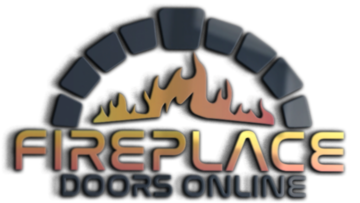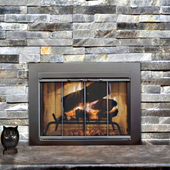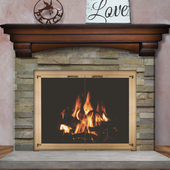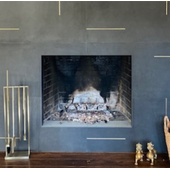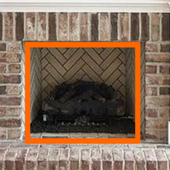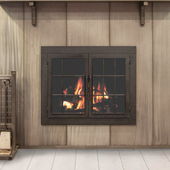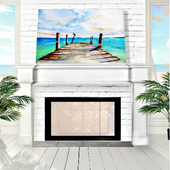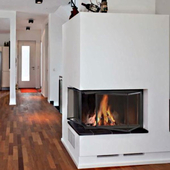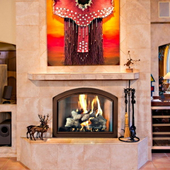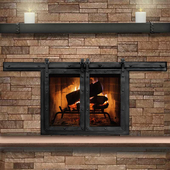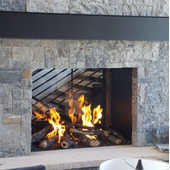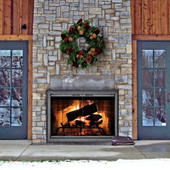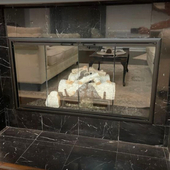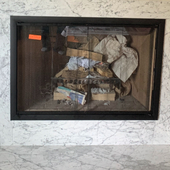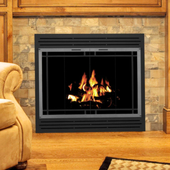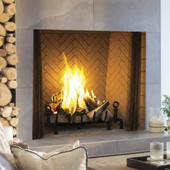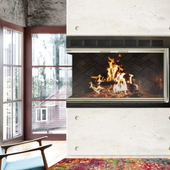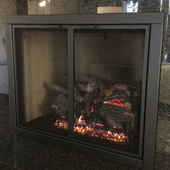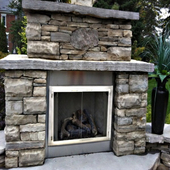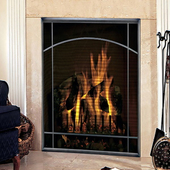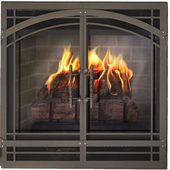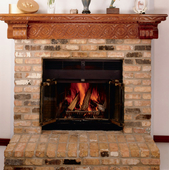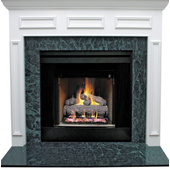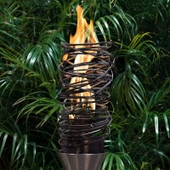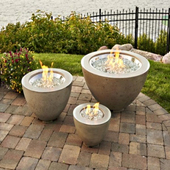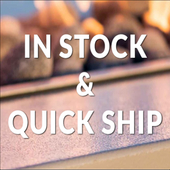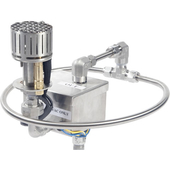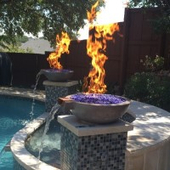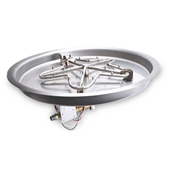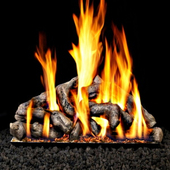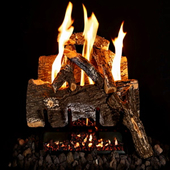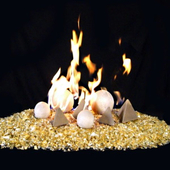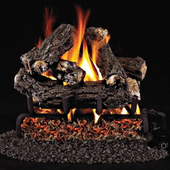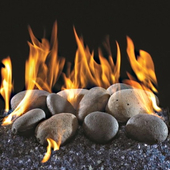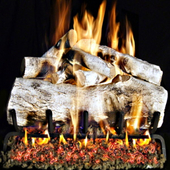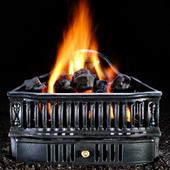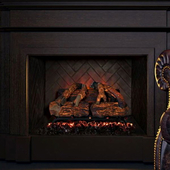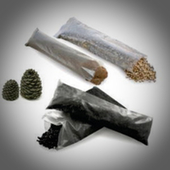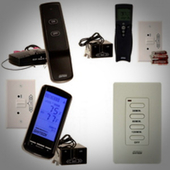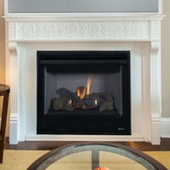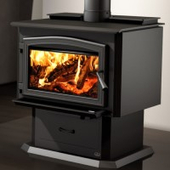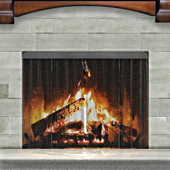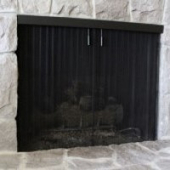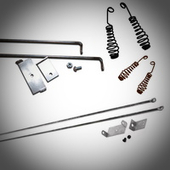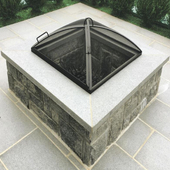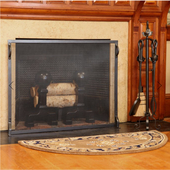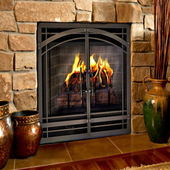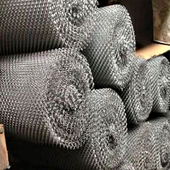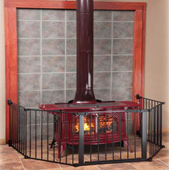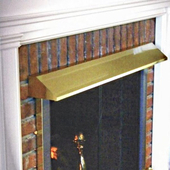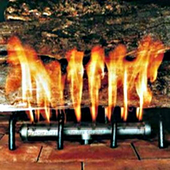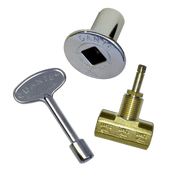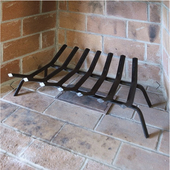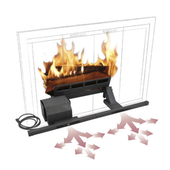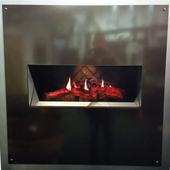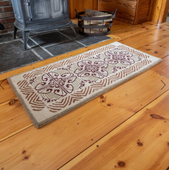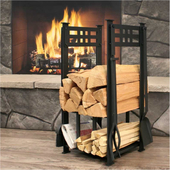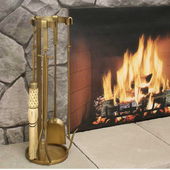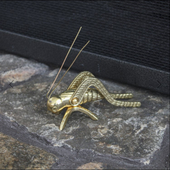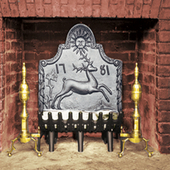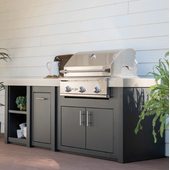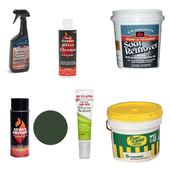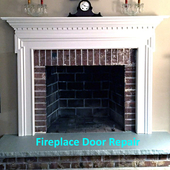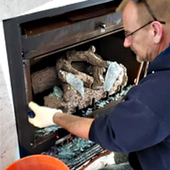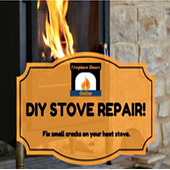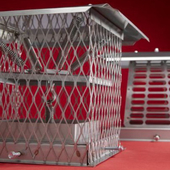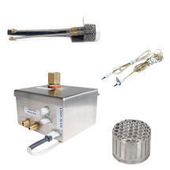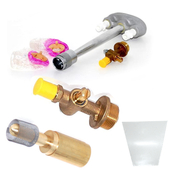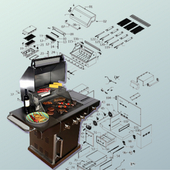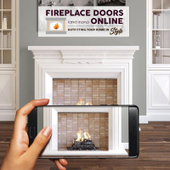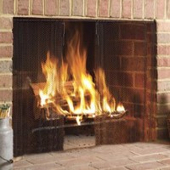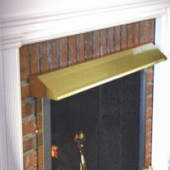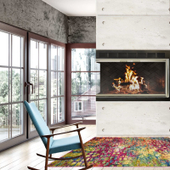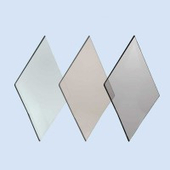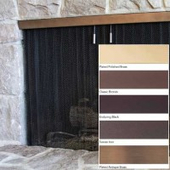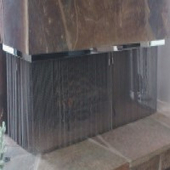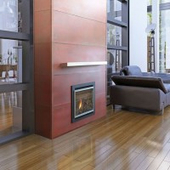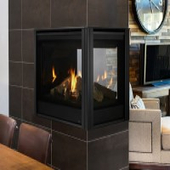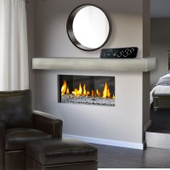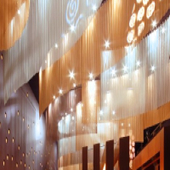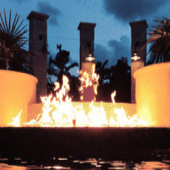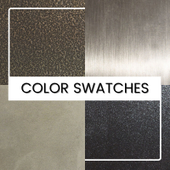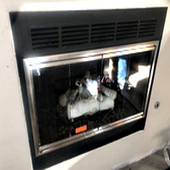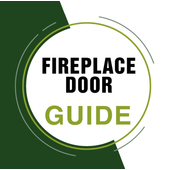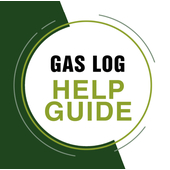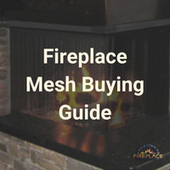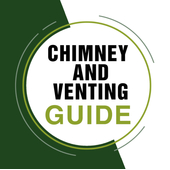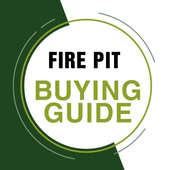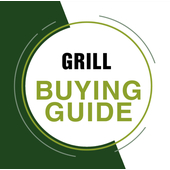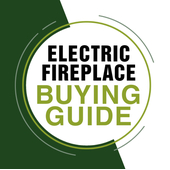A Comprehensive Guide to Grill Parts:
A well-maintained grill is essential for those who love outdoor cooking. However, even the sturdiest grills can experience wear and tear over time, leading to the need for replacement parts. Knowing how to select the right part, when to replace original grill components, and weighing the pros and cons can greatly enhance your grilling experience. In this guide, we'll walk you through the process, addressing frequently asked questions along the way.
Selecting the Right Part for Your Grill
- Model and Brand Compatibility: When seeking replacement parts, it's crucial to choose components that are compatible with your specific grill model and brand. Manufacturers often produce parts tailored to their own products, ensuring a proper fit and functionality.
- Material Quality: Opt for parts made from high-quality materials like stainless steel, cast iron, or heavy-duty ceramics. These materials are known for their durability, resistance to rust, and ability to withstand high temperatures, extending the lifespan of the replacement part.
- Size and Dimensions: Accurate measurements are vital to ensure the new part fits snugly and functions as intended. Refer to your grill's user manual or manufacturer's website for specifications.
- Aftermarket vs. Original Parts: While original parts from the grill manufacturer guarantee compatibility, aftermarket parts are often more affordable and may offer additional features. When considering aftermarket options, research reputable brands and read customer reviews.
When to Replace Original Grill Parts
- Signs of Wear: Regularly inspect your grill for signs of wear such as rust, corrosion, or cracks in the components. Damaged parts can compromise cooking performance and safety.
- Uneven Cooking: If your grill is producing uneven heat, it might be due to malfunctioning burners, heat shields, or cooking grates. Replacing these components can restore consistent cooking results.
- Reduced Efficiency: If your grill is consuming more fuel than usual or not reaching desired temperatures, malfunctioning parts like burners or regulators could be the culprit.
- Safety Concerns: Any component that poses a safety risk, such as a damaged gas line or ignition system, should be replaced immediately to prevent accidents.
Pros and Cons of Replacing Grill Parts
Pros:
- Cost-Effective: Replacing individual parts is often more budget-friendly than purchasing an entirely new grill.
- Sustainability: Upgrading worn-out components reduces waste by extending the life of your grill.
- Customization: You can enhance your grilling experience by choosing parts that suit your preferences, such as upgrading to infrared burners for faster cooking.
Cons:
- Complexity: Depending on your technical skills, replacing certain grill parts might require some mechanical knowledge.
- Compatibility Issues: Selecting incorrect parts can lead to functionality problems or potential safety hazards.
- Limited Warranty: Replaced parts might not carry the same warranty as the original grill, leaving you responsible for future repairs or replacements.
Frequently Asked Questions
1. How often should I inspect my grill for replacement parts?
Regular inspections every few months, especially before the grilling season, can help identify potential issues before they worsen.
2. Can I replace parts of my charcoal grill too?
Yes, charcoal grills also have replaceable parts such as cooking grates, ash catchers, and vents.
3. Are aftermarket parts as good as original manufacturer parts?
Some aftermarket parts offer comparable quality, but it's important to research and choose reputable brands to ensure compatibility and performance.
4. Can I repair a gas leak on my own?
Gas-related issues should be addressed by a professional. Gas leaks are dangerous and should never be handled without proper expertise.
5. How can I prevent grill parts from deteriorating quickly?
Regular cleaning, covering your grill when not in use, and storing it in a dry area can significantly extend the lifespan of its components.
Selecting the right grill parts, knowing when to replace them, and understanding the pros and cons are essential aspects of maintaining a functional and safe grilling experience. By following these guidelines and conducting regular inspections, you can ensure your grill continues to serve up delicious meals for years to come.
